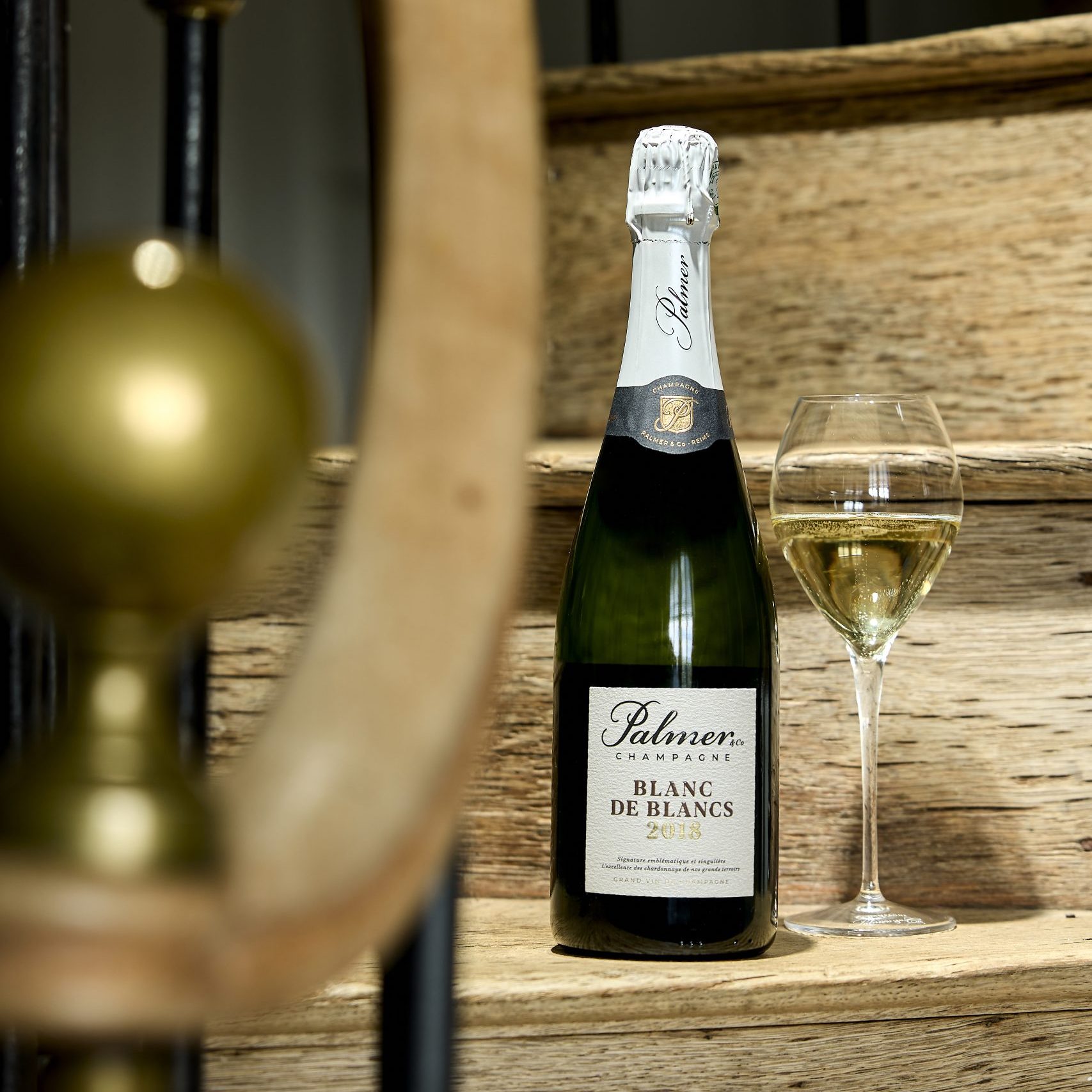One in four adults have cut down on alcohol purchases
Just over a quarter of adults in the UK have cut down their spending on alcohol to save money and lead healthier lives, new figures reveal.
This rises to 34% among 25-34s, which is further cause for concern for the industry given that these are among the key consumers of all alcoholic drinks, according to the latest retail trend report from researcher Mintel.
Brits are turning away from drink thanks to a societal move towards healthier lifestyles, as well as economic pressures at home caused by Britain’s imminent departure from the EU.
Alcohol consumption has already been in decline for some years in the UK, with more and more producers turning to the low and no ABV category to make up the sales deficit.
Members of the public would be largely unfased by a switch to sobriety, the report said. Just under two thirds (63%) UK adults surveyed said they would consider drinking fruit juice, juice drinks or smoothies as alternatives to alcoholic drinks.
Partner Content
Smoothies in particular grew by an impressive 21% between 2016-17, further pointing to consumers’ gradual shift from high-strength beers to alcohol-free, healthier lifestyles.
“Alcoholic drinks’ discretionary nature puts them in the firing line for cutbacks amid the continued pressure on household incomes as consumers tighten their belts,” said food and drink analyst Alice Baker, who added that that despite fewer people enjoying drinks in bars and pubs, the off-trade should stay largely unaffected.
“However, should people switch to drinking at home as a money-saving alternative to going out, this should help to buoy retail sales. Meanwhile, however, premium products also have potential to succeed through fostering a ‘quality over quantity’ mindset among consumers.”




